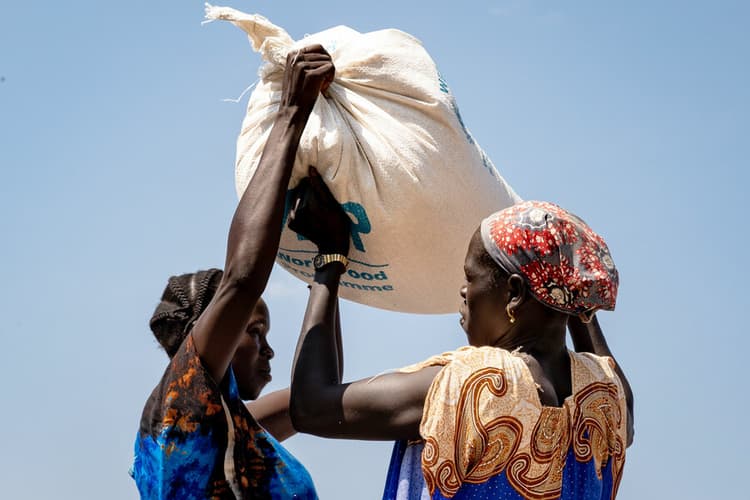Supply Chain Talent Pools and Rosters | How to get in and how to get hired?
Rosters/Pools/Clusters are used interchangeably, but all these terms have a shared objective, to proactively gather strong candidates to increase the quality, diversity as well as pace of their recruitment processes.
In this article, I will share some advice on how you can "strategically position" yourself to be more attractive when applying for rosters in the Logistics and Supply Chain career tracks.
In the article, I will walk through different ways you can increase your competitiveness while applying, but also how to increase your chances while on the roster.
There are several skills and experiences you can add to your profile to increase employability. I will list some common Supply Chain certifications, what languages are most in demand, and what work experiences to add. And I will explain how recruiters evaluate your roster's applications and how to make your profile attractive for recruiters, even in an international competition.
Although it is an external factor, out of your own control, I will touch upon quotas. In fact, you may be from an under-represented member state at the time when you are accepted into the roster, but that may change to the point when you are being considered for placement. And what would be the consequences if that happens?
But let me start with some certifications and licenses.
Adding formal supply chain certifications to your curriculum is an asset. To get some inspiration on what certifications/licenses to focus on, we recommend you check the UNOG Centre of Learning and Multilingualism website.
The below list shows six certifications that are commonly requested in job advertisements for supply chain and logistics.
Recommended Supply Chain and logistics certifications and licenses
- Certified Supply Chain Professional (CSCP): Offered by the Association for Supply Chain Management (ASCM)
- SCORE-P: Offered by ASCM
- Certified in Production and Inventory Management (CPIM): Offered by ASCM
- Certified Logistics Professional (CLP): Offered by the International Society of Logistics (SOLE)
- Certified Professional in Supply Management (CPSM): Offered by the Institute for Supply Management (ISM)
- Six Sigma Certification:
How to compensate for not having any licenses?
For example, the SCOR-P is a certification introducing the APICS SCOR framework including the major process components (Plan, Make, Source, Deliver, Return, Enable) from a supply chain perspective. I mention that on
If you don’t have a license make sure that you emphasize in your application that you:
- understand the use of similar frameworks to model supply chains;
- understand the key supply chain performance indicators and prove that you understand how to choose the right indicators to characterize supply chain performance,
- understand the key best practices for use in benchmarking and performance improvement;
- understand the typical deliverables recommended for any supply chain improvement project

South Sudan: WFP food assistance arrives in Bilkey Payam, Jonglei state, in January — people there cannot access their pastures because of conflict. Photo: WFP/Theresa Piorr
